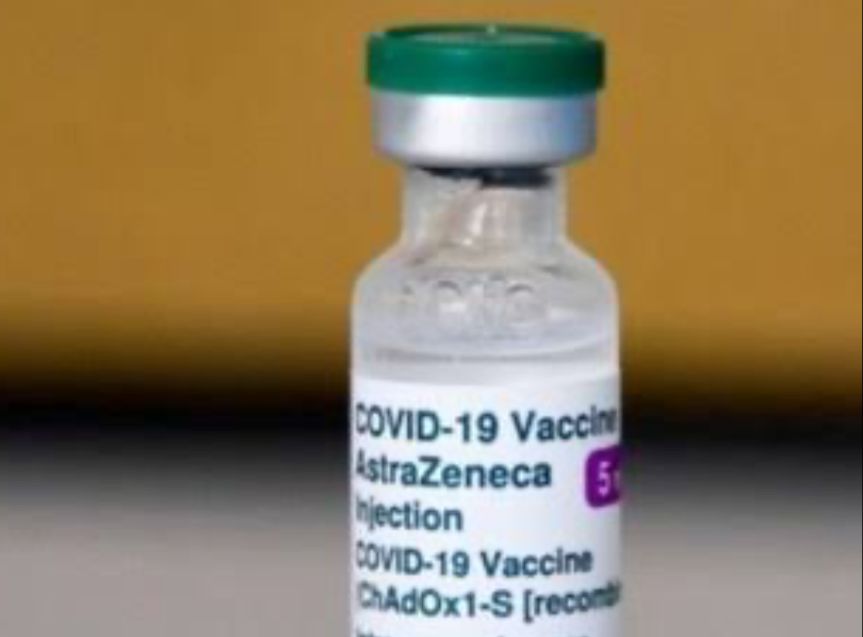In the global fight against COVID-19, vaccines have emerged as a beacon of hope, offering a pathway towards ending the pandemic. However, recent developments surrounding the AstraZeneca-Oxford COVID-19 vaccine have sparked debates about the delicate balance between safety and efficacy.
The AstraZeneca vaccine, marketed as Covishield in India, has faced scrutiny due to rare but serious side effects, including blood clots and low platelet count. While the occurrence of these adverse events is exceptionally rare, concerns have been amplified by a recent UK court case where the pharmaceutical giant conceded that the vaccine could lead to Thrombosis Thrombocytopenia Syndrome (TTS) in very rare cases.
Despite these challenges, AstraZeneca has reiterated its commitment to patient safety, emphasizing that regulatory authorities have stringent standards in place to ensure the safe use of vaccines. The World Health Organization (WHO) has also reaffirmed the vaccine’s safety and efficacy for individuals aged 18 and above, underscoring the rarity of adverse effects.
One distinctive aspect of the AstraZeneca vaccine is its use of a viral vector platform, employing a modified chimpanzee adenovirus, ChAdOx1, to deliver the COVID-19 spike protein into human cells. Unlike mRNA vaccines, which utilize genetic material to trigger an immune response, viral vector vaccines utilize a harmless virus to deliver genetic instructions.
The Serum Institute of India, the world’s largest vaccine manufacturer, played a pivotal role in developing Covishield, significantly contributing to global vaccination efforts. By leveraging viral vector technology, Covishield effectively “teaches” the immune system to recognize and combat the COVID-19 virus.
The ongoing discourse surrounding the AstraZeneca vaccine underscores the complexities of vaccine development and deployment on a global scale. While adverse events must be carefully monitored and addressed, it is essential to acknowledge the tremendous benefits that vaccines offer in controlling the spread of infectious diseases.
As the world navigates through the uncertainties of the pandemic, striking a balance between safety, efficacy, and public trust remains paramount. Continued research, transparent communication, and collaboration between regulatory agencies, pharmaceutical companies, and healthcare professionals are crucial in ensuring the success of vaccination campaigns and ultimately bringing an end to the COVID-19 crisis.











